
The Ionian Sea, with its turquoise waters and verdant landscapes, is one of the most popular destinations in Greece. The islands offer many options for accommodations and entertainment, depending on personal preferences. Exploring the cuisine and wines of this area can be an exceptional journey and can often lead to discovering hidden treasures with unique flavors and fascinating stories. The Ionian islands also boast some of the most magnificent beaches in the world, offering their visitors unforgettable experiences of turquoise waters and white sands.
Kefalonia is considered one of “the next big things” when it comes to Greek wine. It offers quality wines, amazing local cuisine based on authentic ingredients, wonderful boutique wineries, unique beaches and picturesque villages. It’s the perfect place for the discerning traveler seeking something other than the crowded tourist destinations.
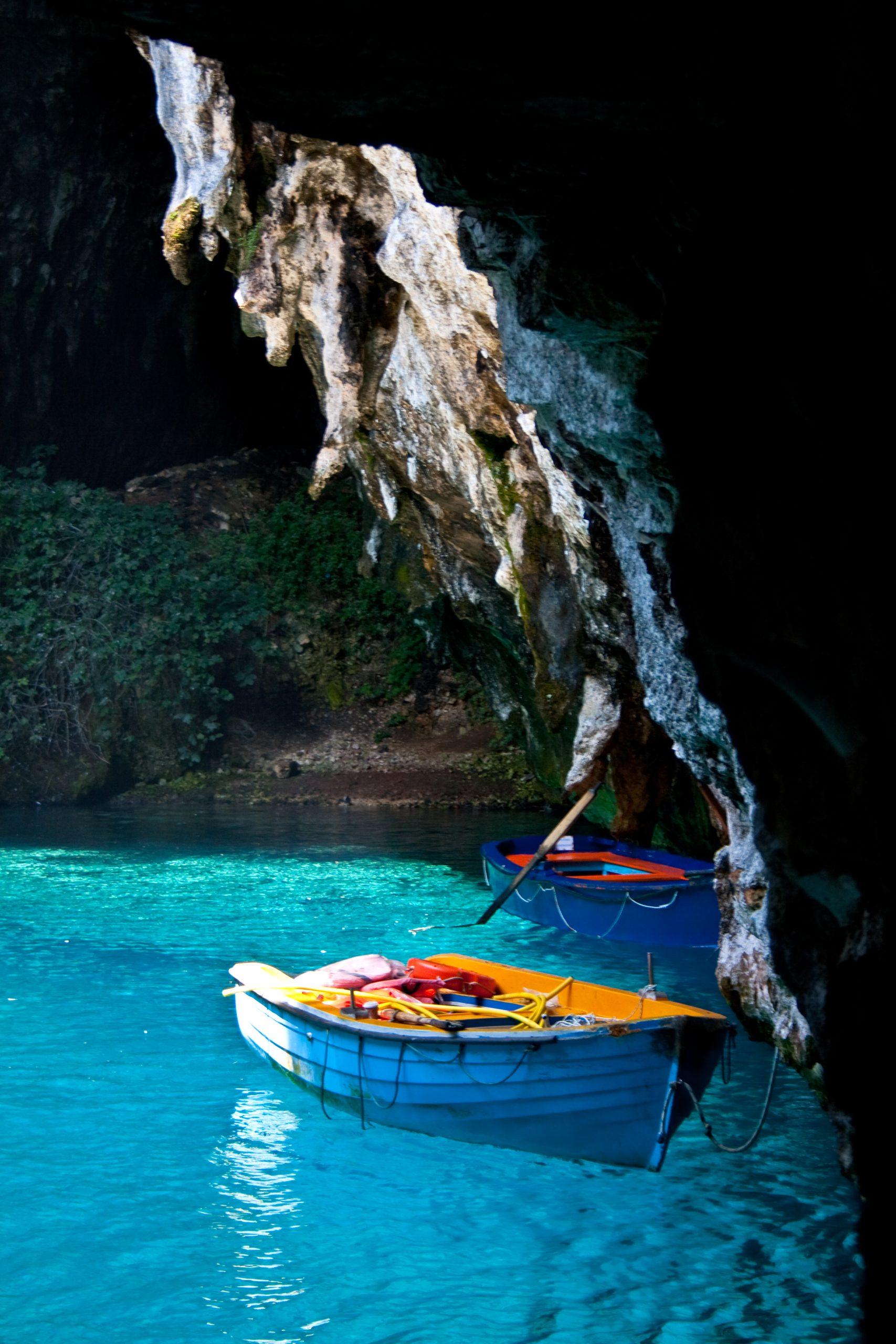
Wine tourism in Kefalonia is growing rapidly, and while most Ionian islands rely more on mass tourism, Kefalonia has many options for those who want to discover its gastronomy and wines. Year on year, the number of people visiting wineries increases. Small estates on the island offer visitors a number of different options, including tours of the vineyards, production facilities and wine cellars. Guests can taste wines, mainly made from unique local varieties, and wineries tailor experiences to the visitor’s needs, offering both tasting sessions and meals.
There are six wineries on the island that participate in the Kefalonia Winemakers Association, which in recent years has managed to promote their wines in Greece and abroad. The wineries in the association organize joint wine events, participate in exhibitions, and are more than eager to showcase their products.
OREALIOS GAEA
The largest winery on the island, Orealios Gaea, is, in fact, a recently rebranded cooperative; it can be found in the village of Omala in the heart of the Robola zone. Robola dominates the grape varieties cultivated in this area; it is responsible for Kefalonia’s winemaking history. (There are around 180 hectares of vineyards under cultivation on the slopes and plateaus of Mount Ainos in the Robola PDO zone) Most grape growers supply their grapes to this cooperative, which was established in 1982 and now boasts about 300 members. The different expressions of Robola that dominate its portfolio are complemented by wines made from Vostilidi, Mavrodaphne, Tsaousi, and Muscat grapes. About 70,000 people visit the winery every year to sample the wines. The estate facilities, offering modern and welcoming spaces for wine tasting and sales, are located near Saint Gerassimos Monastery and are open to the public year-round.
OREALIOS.GR
Nikos Petrakopoulos is continuing the family tradition of wine production in Thiramona, a picturesque little village in the south of Kefalonia. The history of winemaking here dates back to around 1500 AD. In order to produce high-quality wines, Petrakopoulos collaborates with oenologist and winemaker Kiki Siameli. Organic cultivation, careful hand-harvesting of the grapes, and gentle wine-making methods with as little intervention as possible are the main focus of their efforts. The wines, mainly from Robola, Zakynthino, White Muscat, Tsaoussi and Mavrodaphne, have true character, fully expressing the land on which the grapes were grown. A limited number of bottles is produced annually, but the winery and e-shop also offer bottles from old vintages. Wine tastings take place either at the winery or in the shade of the olive trees in the vineyards.
PETRAKOPOULOSWINES.GR
Panos Sarris has made a name for himself due mainly to his unique style. He carefully cultivates his grapes, allowing for minimal intervention in the winemaking process, and uses indigenous yeasts. He chooses large, used barrels for ageing and bottles his wines unfiltered, aiming to express the terroir of the region and the unique characteristics of each local variety. Sarris, who was a distinguished sommelier before turning to winemaking, has invested significantly in wine tourism.
The winery is located very close to Avithos, a small beach in the south of the island. Although the production facilities are not large, the location and the sea views make the tasting experience unique. A large shaded terrace is the setting for tasting the wines and for informing visitors about the estate. For those looking for something extra, a visit to the nearby family-run taverna with traditional Kefalonian cuisine is a must.
SARRISWINERY.COM
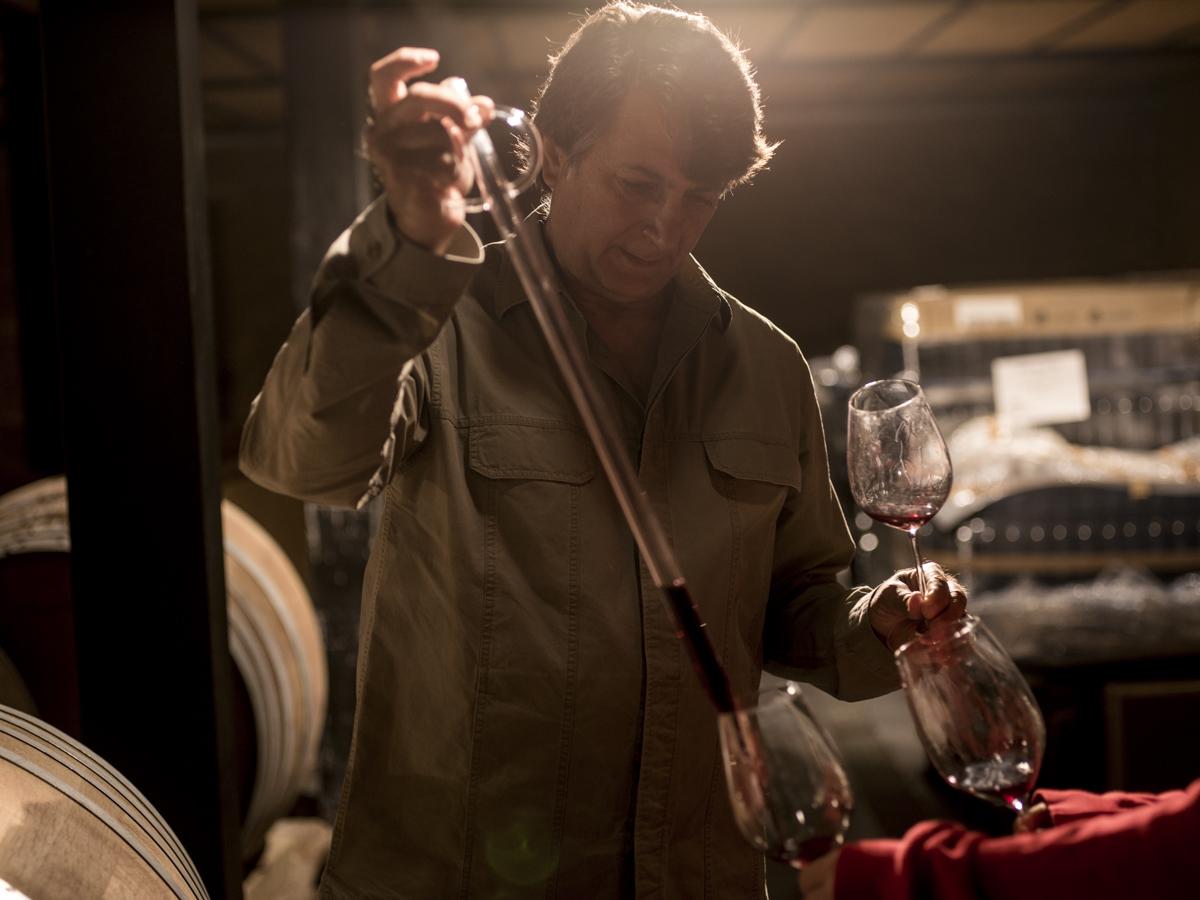
Sclavos Winery is one of the pioneers of the movement for low-intervention wine production in Greece, and Evriviadis Sklavos, a winemaker for nearly three decades, has become well known for his unique approach to his craft. The winery focuses on producing natural wines and respecting the environment. Committed to the principles of organic and biodynamic farming, Sklavos cultivates his ungrafted vines within the Mavrodaphne Kefalonia zone on the peninsula of Paliki and in the Robola zone. Special Robola wines come from the difficult calcareous soils at an elevation of about 500 meters. In addition to the clean expressions of the varieties that result from his classical winemaking meth- ods, Sklavos also produces three special single varietal wines, Muscat, Vostilidi, and Zakynthino, all as orange wines. Wine tasting is available, with knowledgeable staff on hand to help make the experience even more memorable.
SCLAVOSWINES.GR
In Kladata, a 12-hectare estate with a 19th-century farmhouse, vineyards, forests, and lakes provides a charming wine tourism experience. The Haritatos family, with roots in the area since the 14th century, has revived a 4.5 hectares vineyard that now produces, using organic methods, a limited range of seven labels that includes White Muscat, Mavrodaphne, and Vostilidi. Visitors can explore the old farmhouse, a “museum” that depicts the way of life on the island a century and a half ago, or enjoy walks around the estate. Lunches or dinners with typical Kefalonian dishes and the estate’s wines are also available. The Haritatos family’s hospitality will make this an unforgettable experience.
HARITATOSVINEYARD.COM
Kefalonia is renowned for the abundant oleander, oak, and fir trees that form a verdant canopy on the island, for the charming coastal villages of Fiskardo and Assos, and for the otherworldly allure of the Melissani Cave. But first, let’s talk about the beaches: Kefalonia boasts an abundance of breathtaking beaches, but if you plan on exploring them all, be prepared to do some driving. To help you out, here are five recommendations for your summer instagram posts!
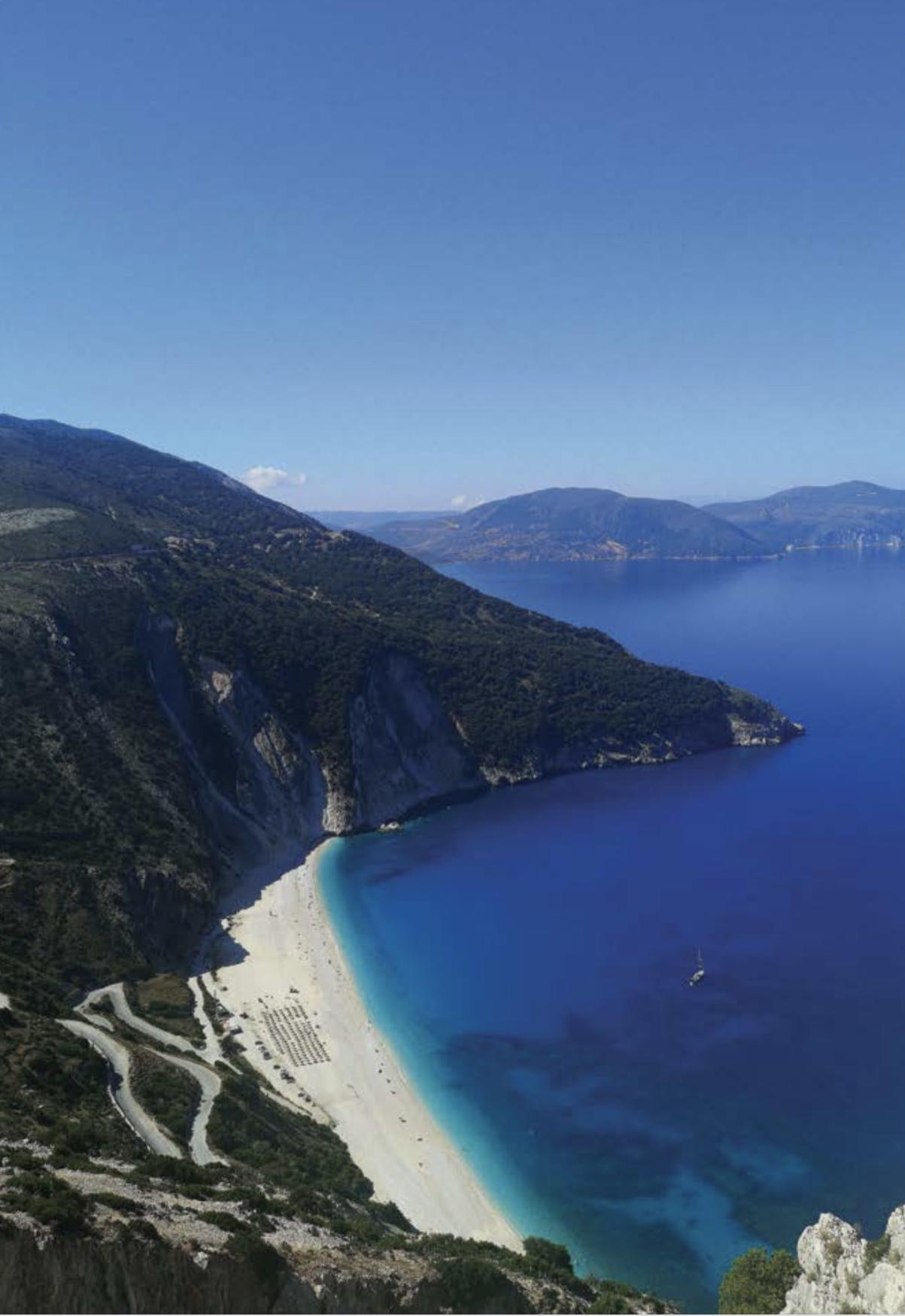
The deep, turquoise waters and smooth, white pebbles are part of a distinctive panorama. While a small section of the beach has facilities and services, the rest remains untouched, perfect for those who desire seclusion. If you’re traveling with children, be aware that the water gets deep quickly. Make sure to stay for the stunning sunset, and note that the village of Assos is located nearby.
PETANI BEACH The alternative
Some believe that Petani Beach is even better than Myrtos. The steep cliffs drop into waters dancing with reflections of blue and green. Don’t forget to bring your snorkeling gear to explore the seabed. One side of the beach has an area with sun loungers and restau-rants, while the other offers a more pristine beach experience.
XI BEACH The red one
Xi Beach on the Paliki peninsula is a captivating destination. Its distinctive red sand and warm, shallow waters make it an excellent spot for families with children. It’s also known for its clay cliffs; visitors often apply the miner- alrich clay to their skin for a natural and rejuvenating spa treatment. The beach features numerous amenities, including sun loungers and umbrellas, and there are plenty of water sports available for adventure seekers.
SKALA BEACH Endless sand
Skala Beach, on the eastern coast of the island, is one of the island’s largest and most beautiful beaches, spanning over 5km of golden sand and turquoise waters. The beach backs onto a lovely pine forest and has a promenade, perfect for strolling or jogging. Skala Beach offers numerous amenities, including beach bars, cafes, and restaurants, as well as a number of water sports.
KAKO LAGADI BEACH The secret one
Kako Lagadi is a tiny cove nestled between steep rocks topped with vegetation; it has calm azure waters and a pebble-covered shore, with natural shade from rocks on one side. Although it takes a bit of effort to get here, visitors are rewarded with breathtaking turquoise waters, large white pebbles, and an impressive cave at the edge of the beach. It’s a hidden gem that attracts people who appreciate pristine locations.
Zakynthos may have limited options for wine tourism, but they are of high quality. Essentially, the island’s main viticultural zone forms a circle in the center of the island. The traditional wine of the region is the white Verdea*, produced exclusively in the wineries of Zakynthos. The main grape varieties used in the production of Verdea are Skiadopoulo, Pavlos, Robola, Vostilidi, and Avgoustiatis. All the wineries in Zakynthos produce Verdea, while the majority of red production comes from the Avgoustiatis grape. Winemakers here are increasingly turning to organically cultivated grapes and to wines made with gentle intervention.
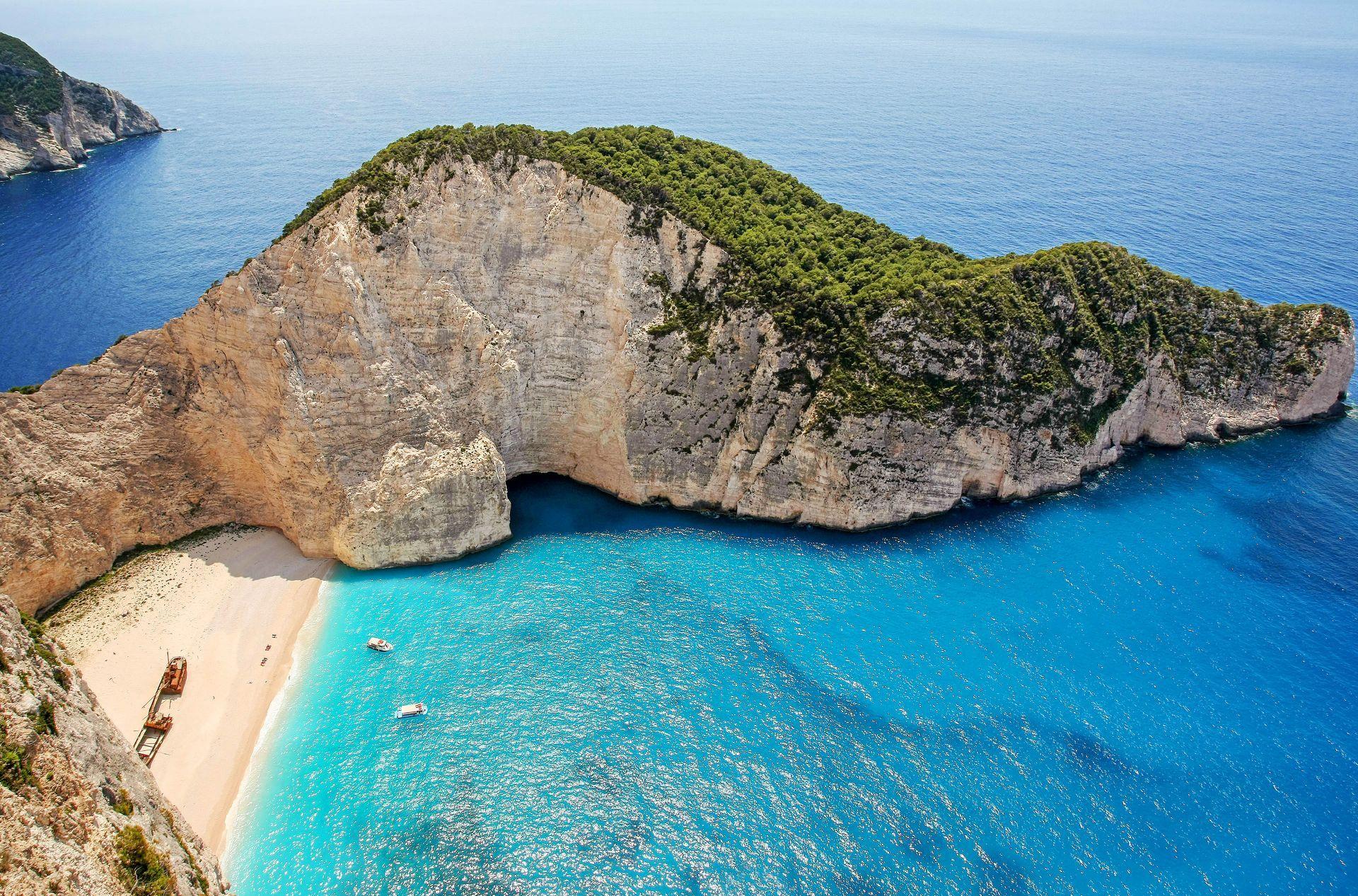
GRAMPSAS ESTATE
Grampsas Estate is noted for the quality of its wines, a result of concerted efforts, applied knowledge, professionalism, and a love for wine and the land it comes from. The people here value local grape varieties such as Vostilidi, Pavlos, and Avgoustiatis. Among the estate’s labels, the one to look out for is Verdea, aged for six months in oak barrels and made from Skiadopoulo, Vostilidi, Robola, and Pavlos grapes. The winery is open to visitors, and there is an excellent restaurant on the premises. It’s advisable to make a reservation for your meal, and it’s also recommended to book the tour and tasting in advance.
KTIMAGRAMPSA.GR
OENOLPI WINERY
Founded in 2000 by oenologists Timothos Christoforos and Christina Maria Leftaki, the Oenolpi Winery cultivates a total of 170 hectares of vineyards with indigenous varieties such as Skiadopoulo, Vostilidi, Avgoustiatis, Katsakoulia, and Koutsoubeli. They also grow the black Zakynthian raisin which, for many years, was the main source of income for the people of Zakynthos. The winery is open for tours and tastings, and dinner can be arranged upon request.
OENOLPI.GR
SOLOMOS WINERY
The Solomos family has been making wine on the island of Zakynthos since the early 19th century. The modern winery is located
at the foot of the Venetian Castle of Zakynthos. Most of the vineyards are old, with ungrafted, dry-farmed vines located in different areas, both plain and semi-mountainous. The grape varieties that are used for wine- making include Avgoustiatis, Vostilidi, Pavlos, Skiadopoulo, Robola, Muscat, Violeto and the Black Robola. The winery is open for visits by appointment.
FACEBOOK.COM/SOLOMOSWINES
GOUMAS ESTATE
The Goumas Estate boasts a rich history dating back to 1780. Visitors today are treated to a unique tour, led by the family themselves, which explores the estate and vineyards as well as the specially designed spaces of the winery and the restored 19th-century buildings. Here, guests can enjoy wine tastings and pairing experiences coupled with the chance to view an exhibition of religious icons belonging to the estate’s current owner, Giannis Giatras-Goumas.
ARTANDWINE.GR
AMPELOSTRATES
Ampelostrates is not a winery, but a restaurant offering a dining experience set in a stunning vineyard at the edge of the village of Kiliomenos. What sets it apart from other dining establishments is that it produces and bottles its own wine. The stone buildings exude a sense of grandeur in the lush countryside. Alekos Maroudas, whose family has a long tradition of winemaking, studied oenology abroad before returning permanently to his ancestral island, where he cultivates the vineyards of his ancestors. Traditionally, in Zakynthos, all white grape varieties were planted together. Thus, the old vineyard has Pavlos, Robola, and Lagorthi varieties growing together. Indigenous red grape varieties are also cultivated, including Augoustiatis, Katsakoulias, and Koutsoubeli, along with the extremely rare Glykopati. Four labels, two whites, one rosé, and one red with a total production of 5,000 to 6,000 bottles, depending on the year, are available exclusively at Ampelostrates. Gradually, newer vineyards are contributing their grapes; additional wines, including an oak barrelaged Augoustiatis are also being introduced. The restaurant is open daily during summer and on weekends during the winter months. A meal here is a dining experience not to be missed!
FACEBOOK.COM/AMPELOSTRATES
The northernmost Ionian island has a tradition of winemaking that dates back thousands of years. Most vineyards are old, dry-farmed and ungrafted, as phylloxera never made it to the island.
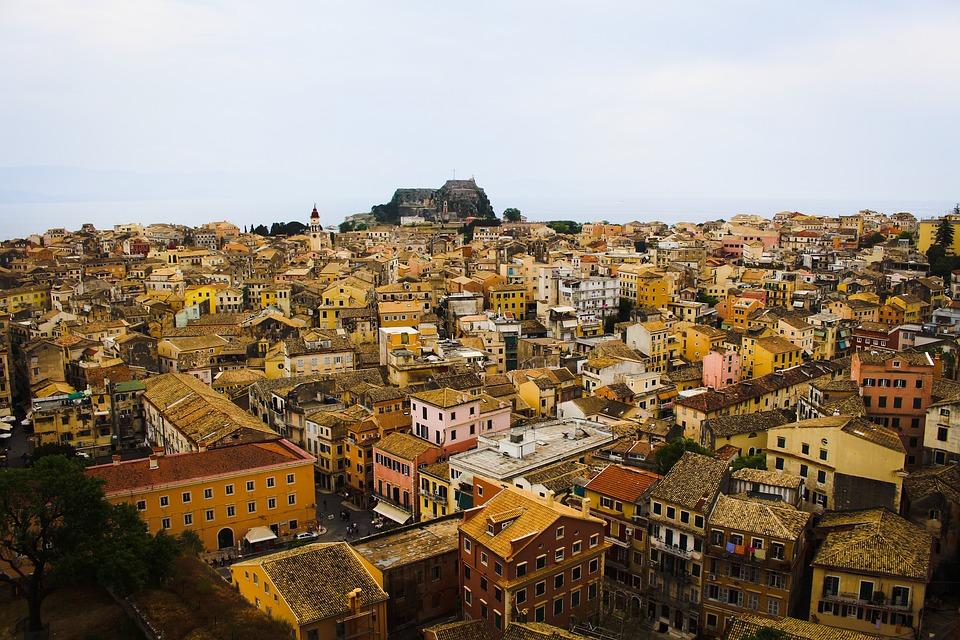
The Theotoky family is one of the most historic families in Greece, with a long history of participation in the public life of the country. Georgios Theotoky served as Prime Minister of the country four times in the late 19th and early 20th centuries, while his son Ioannis Theotoky, the father of the current owner of the estate, briefly held the same position in the 1950s. The family’s estate is now in the hands of the fifth generation. The Estate covers 120 hectares, of which 5.5 have been certified organic vineyards since 2016, while the rest of the land is covered with olive trees, pines, and pastureland for animals. The grape varieties grown include Robola, Kakotrygi, Vartzami, Skopelitiko, Syrah, and Cabernet Sauvignon. The estate offers guided tours that include a wine tasting and a visit to the on-site museum with family heirlooms. Online reservations or prior contact is necessary to arrange a visit. The Theotoky Estate is one of the few in Greece that also offers accommodation on the premises.
THEOTOKY.COM
PONTIGLIO WINERY
The Pontiglio Winery was founded relatively recently, in 2014, near Lefkimi in Corfu. The word “Pontiglio” has Italian origins but it’s also used in the local dialect, in which it means “determination”. It describes the family’s persistent effort to create quality wines in the face of current trends embracing easy-toconsume products. They focus exclusively on indigenous varieties and cultivate vineyards with the Skopelitiko and Kakoktrygi varieties. The small winery is open for visits, and tastings are held both in the tasting rooms and outdoors, sometimes even in the vineyards.
PONTIGLIO.GR
Με την εγγραφή σας στη λίστα των παραληπτών θα λαμβάνετε το newsletter του grape!

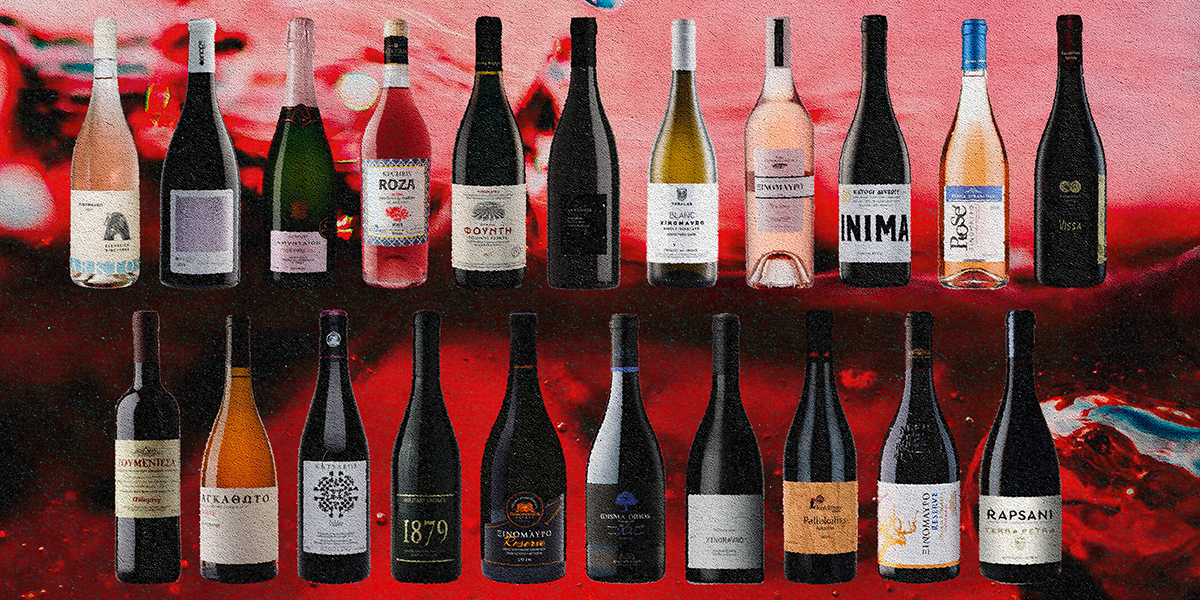
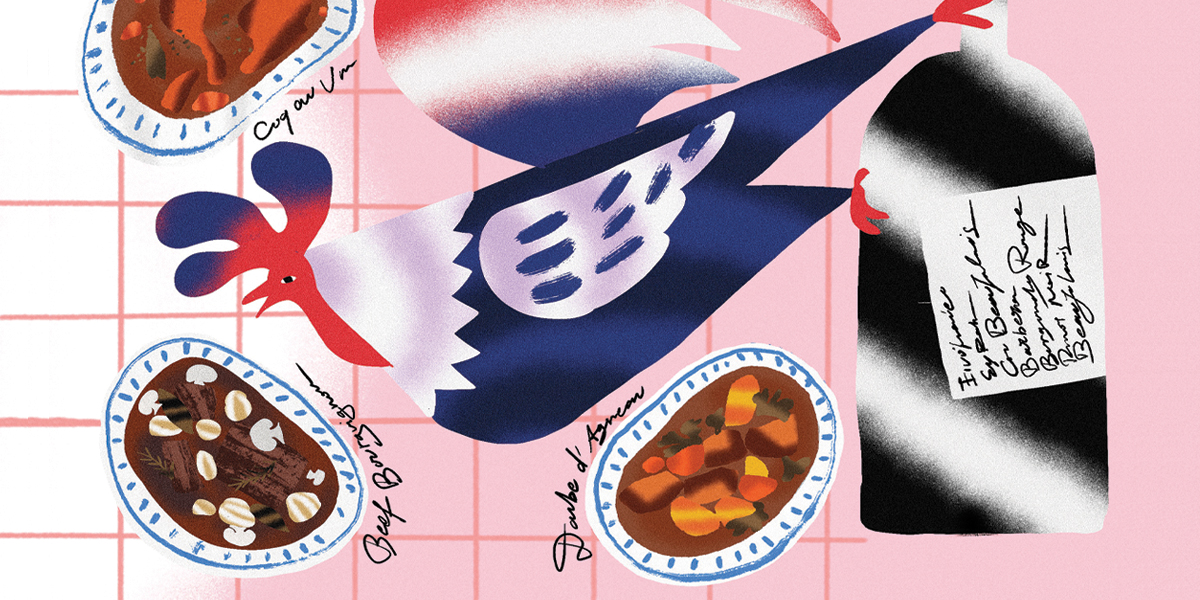
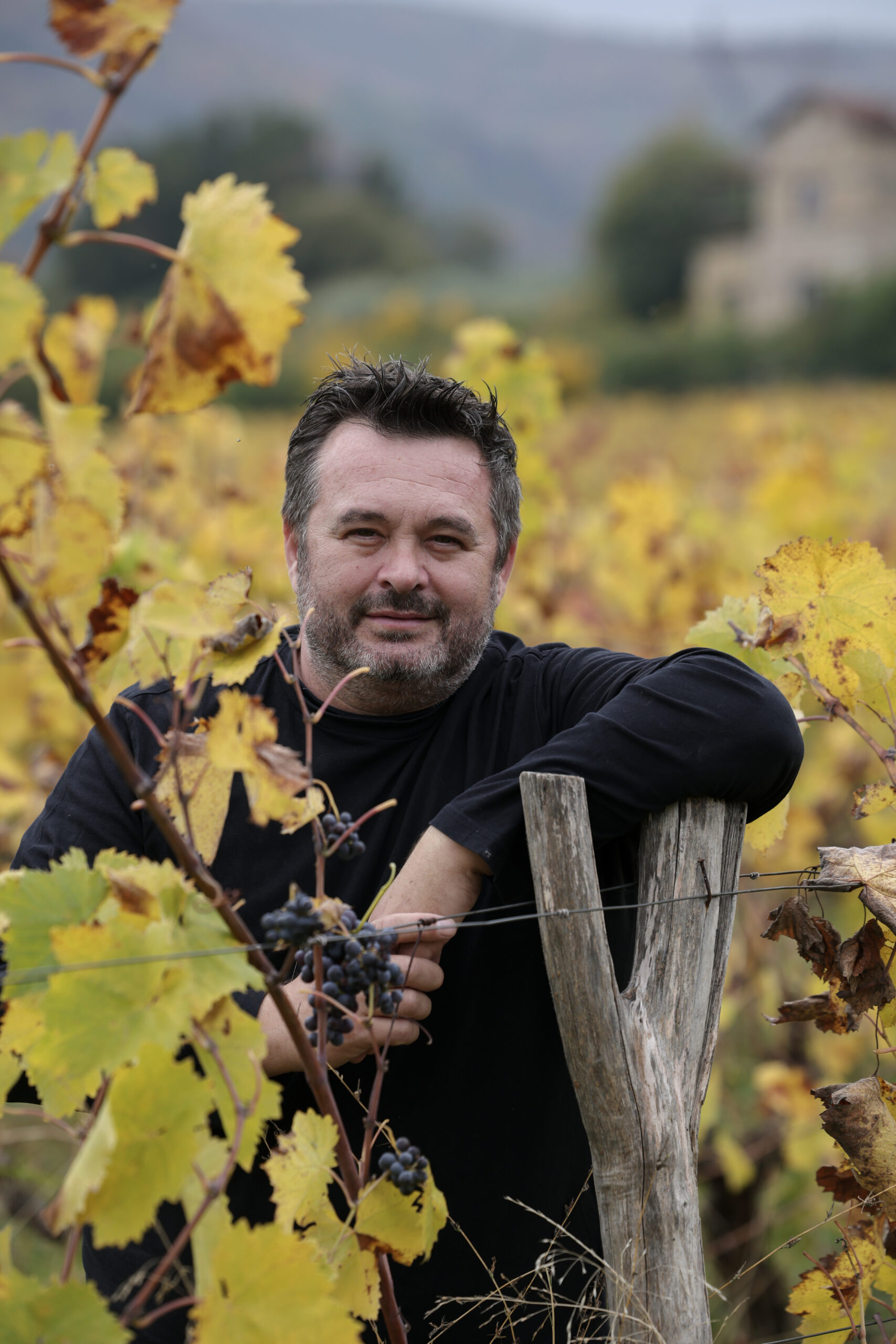
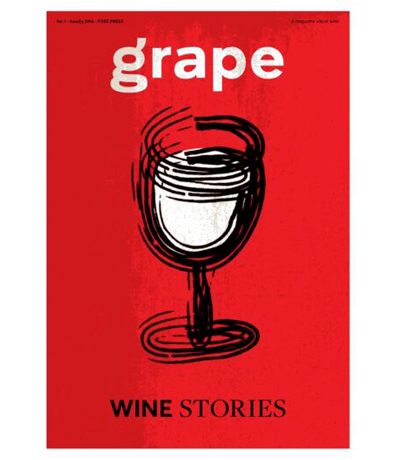
Με την εγγραφή σας στη λίστα των παραληπτών θα λαμβάνετε το newsletter του grape!